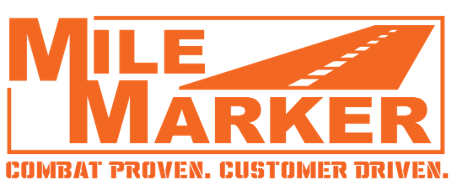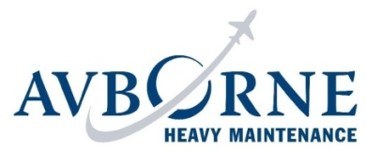Commoditization Risk
July 28, 2021

Rewatch Minions.
Yes, trust me on this.
Rewatch the Minions movie. I saw it many years ago with my son in a movie theatre, when it first was released. I recently watched it again.
Maybe it was coming out of the COVID fog and hangover, but it seemed different to me. I saw different lessons about society, technology, human interaction, meaningful work. I wondered why no one offered the Minions Lasik since they all wore goggles. Maybe it wasn’t covered by their health plan.
The movie is essentially a Despicable Me “prequel.” It’s worth seeing if not just for the hysterical fake moon landing scene. I thought about that scene, I thought about the history of NASA, how we went from the whitewashing of 1600 Nazis to create the genesis of a space program in Huntsville, Alabama and space coast Florida.
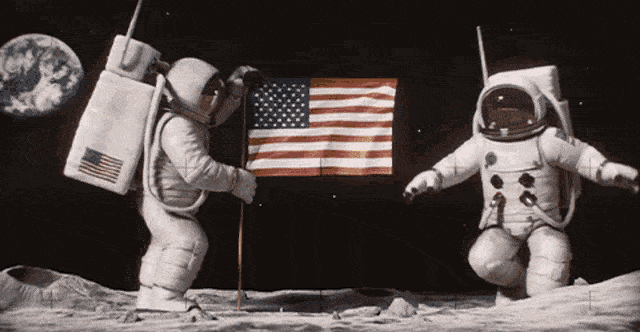 And, what a boldly astute move that was during the Truman administration, to harness that technology. Truman realized if that V2 rocket grade brainpower and design and engineering got into the hands of the Soviet Union, our chances of speaking Russian could someday be precipitously close to those of people in France speaking German. (Merci’, United States.)
And, what a boldly astute move that was during the Truman administration, to harness that technology. Truman realized if that V2 rocket grade brainpower and design and engineering got into the hands of the Soviet Union, our chances of speaking Russian could someday be precipitously close to those of people in France speaking German. (Merci’, United States.)
We have short memories. Especially when we write, and rewrite history.
Fast forward, what an interesting time window to demonstrate the triumphs of capitalism, which in the span of a week, a British media and conglomerate billionaire takes a flight to the edge of space, and then an American billionaire does so as well. One a plane, one a rocket. One a phallic rocket that seemed a strange twist of fiction into truth as it replayed the Dr. Evil rocket launch scene from an Austin Powers movie. And how Austin Powers himself seemed to emulate a young Richard Branson.
A fascinating time we live in — how we’ve gone from people in cubicles, to people in pajamas. And hopefully back again, but strange things are happening to the workforce. People who don’t feel like working, getting paid not to, companies looking to hire people, can’t get them, and many highly educated professionals caught in the squeeze.
They are commoditized.
Fifteen minutes into the movie, it occurred to me that the premise of the movie was that the little yellow pill-shaped characters were seeking not just employment, but, affirmation from some presumed, higher food-chain boss they’d serve.
They are gigging in a gig economy looking for their next gig.
 They seem to follow the patterns of Norwegian lemmings, jumping off cliffs into the unknown, much like the schlocky coffee mug-poster cliche’ about entrepreneurs “building a plane on the way down.”
They seem to follow the patterns of Norwegian lemmings, jumping off cliffs into the unknown, much like the schlocky coffee mug-poster cliche’ about entrepreneurs “building a plane on the way down.”
So I contemplated some business concepts — such as “MMU” — Mean, Minion Utilization, that is, the average rate of labor utilization among available small yellow, goggled practitioners. What are the KPI’s in a Minion factory?
Do they practice LEAN and MEAN?
I thought of organized labor and whether the minions would join “United Brotherhood of Gibberish-Spewing Cartoon Characters Local 100,” or if they get paid prevailing wages. I thought about the confusion in HR — generating photo ID’s since they essentially all look alike. Can you imagine?
Maybe the retinal scan solves the problem.
I thought of what groups they would form and how they would behave, and how they would differentiate their work. I figured if they could drive, and see over the dash, they could sign up to work for Uber. Too bad the uniformity of Uber vehicles isn’t anything remotely close to yellow taxis, since that would be a logical signature brand color, to further unify the indistinguishable.
Minions is more than a kid’s movie, it’s symbolic of the workforce of our time. It’s a mixed tale of capitalism vs. socialism. There are hints of James Bond, of George Orwell, of Dr. Evil, of Joseph Stalin, of Werner Von Braun. Ironically the movie starts with the roles of minions in early history and brings them to New York in 1968, and then, Orlando, when Orlando was sparsely populated.
Over time we see the odd jobs and random tasks they perform.
Oddjobs and Random Tasks
Minions are essentially in the business of cleaning up messes.
I thought of Oddjob, one of the James Bond villains, famous for throwing shoes and other projectiles — played by wrestler Professor Toro Tanaka. Oddjob was probably a 1099, without an office, he might have had a LinkedIN profile. (The Austin Powers doppelganger version parodied by Mike Myers was named “Random Task.”) Both names sounded more villainous than “The Freelancer” and “Contract Employee #79.”

I pondered for a second how movie villain freelancers obtain their health benefits. Kind of like when you’re a kid and you ask the barber, “Who cuts your hair?” and he chuckles.
There are infinite kinds of business risks: capital risk, financial risk, operational risk, strategic risk, concentration risk, liquidity risk, personal risk, e.g.
Here’s the biggest one of all.
Commoditization risk. There, I’ve said it.
Why am I writing this post? Why do we join sites such as LinkedIN? Medium.com? Why do we strategically “position” the companies we work for? So we can stand out, be noticed, be hired, be retained, be utilized, flourish.
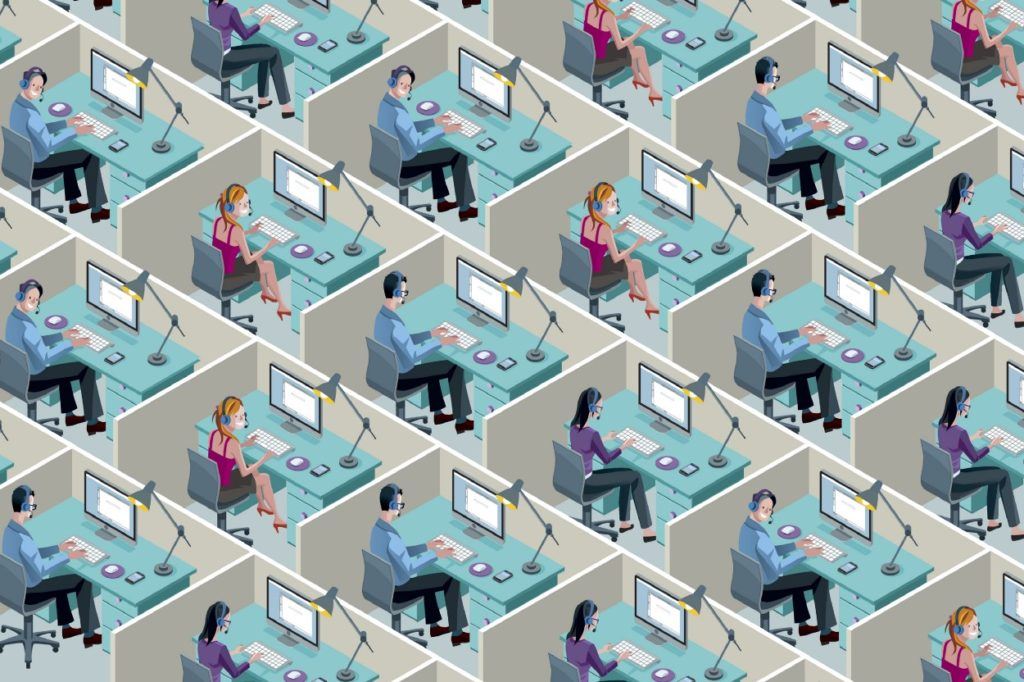 The problem is, we are commoditizing ourselves and our talents, we are struggling to achieve differentiation, as companies, as employees, as contractors, as gunslingers. This isn’t the time of unionizing, this is the time of minionizing.
The problem is, we are commoditizing ourselves and our talents, we are struggling to achieve differentiation, as companies, as employees, as contractors, as gunslingers. This isn’t the time of unionizing, this is the time of minionizing.
Workers at all levels are becoming minions. Not lost in a sea of yellow and either one or two-eyed goggles, but our vision through the goggles of social media and a gig economy are fogging up.
Finding employment, gigs, engagements, contracts, clients, it’s all challenging when the “buyer” can no longer distinguish individual experiences and backgrounds, especially compounded by the fact that many recruiters and “sifters” looking for the exact left-handed widget stamper aren’t hiring talent and expertise, but rather, hunting for keyword matches.
Maybe the recruiter is no longer a person, but some AI enabled function, that usually misses the best candidates. There isn’t a single C-level post I’ve ever had helping to lead people in transforming an organization where I’d ever come through the front door and make it past HR.
The search process matching people with needed skillsets is completely flawed, and it’s further complicated by the way people present themselves in conformist fashion. It’s ironic, but more moronic. We are all striving for differentiation with relative sameness and ubiquity.
It’s an enormous mistake to equate plenitude with quality; accessibility with relevance; ubiquity with quality.
As the saying goes, if all you are is a hammer, after awhile everything looks like a nail.
Find and Grind
Professional firms, for example, can experience this in candidate selection, project bidding, candidate offerings, subject matter expert-to-need matching, and fee pressure. Whether CPA’s, structural engineers, or attorneys, it’s harder to keep prices up when there is a larger field of willing suppliers. It’s simple economics, supply and demand. Large companies can lower supplier and subcontractor prices on the grind, because replacements are easy to find.
Are they all one for one substitutes? No.
Now, after the US Economy has been propped up with trillions of dollars, banks and many of their commercial credits are flush with cash. Many shitty businesses that should have closed are on artificial life support — which means it’s not a good time to practice bankruptcy law or to do restructuring work.
It’s the old, “where you sit is where you stand.”
Therein lies the irony, there is no substitute for background and experience, yet, when it’s harder to differentiate and sell, it doesn’t mean much to the buyer, overwhelmed with alternatives.
We’ve turned the professional services vertical into Cars.com, match.com, Zillow.com, and any other search-driven, pulldown-criteria sifting screen.
At the moment, more work for advisors and consultants and attorneys lies in transaction work, as PE firms and funds are competing, paying stupid EBITDA multiples for businesses in the most extreme case of GFT — Greater Fool Theory. Buy it before the next guy, so you can sell it to the next greater fool.
Want to be amazed by how inexpensive some talented people are? Look at 99designs.com and see the caliber of graphic design you can get for less than the cost of taking your kids and their friends to go see a movie.
True capitalism, surely, but not only do we become numb to the nuances of product and service differentiation, we all start to look and sound the same professionally.
I see lots of companies and senior owners and managers struggling. Their margins are thinned by commoditization and competition. It’s a challenge to stand out, even for corporations. It’s harder to land jobs, and gigs, in a sea of Taleo-fueled, SEO-driven systems run by buzzwords.
Kevins, Bobs and Stuarts
Technology is wonderful. It has created amazing capability. However, the level of access to, and ubiquity of, talent and resources has stiffened competitive intensity and we must endeavor to be Kevins, Bobs and Stuarts.
Businesses and their owners, managers and employees, must find new and interesting ways to “uncola,” that is, find a way to position by saying what you’re not, not what you are. (Ries and Trout, Positioning — I recommend rereading this book)
The strange thing about the time we live in — market conditions change rapidly in a matter of minutes. We took supply chain for granted. Think about the just in time supply chain and how reliant we are on how closely cut commodities and supplies are.
Can’t make cars and trucks without microchips — for example. The new and used car industry has had a wild swing, due to supply chain constraints — car dealers went from skinny margins because there’s no mystique about the commodities they deliver- cars and a market where you could buy a car at Costco — to now, a market where someone’s getting top dollar for their 11-year old Sonata.
It might be replaced by an electric car that drives itself. Produced by another billionaire that wants to travel to space, because he can. Capitalism works, but it needs to strike a balance with appreciating and rewarding talent.
Regardless whether you’re selling a hard product, or a service, or yourself, there is commoditization risk.
The next generation of kids, the very ones who grew up watching Minions, must figure out a viable strategy to stand out and not be commoditized, so they don’t wind up WFH in their pajamas, handling random tasks, with no where to go staring into the driveway at their soulless yellow self driving cars.
The sameness and conformity of social media isn’t that gateway, hard work and innovation is.
We must further cultivate innovation to nurture the next generations of brainpower that may takes us to more places, and more planets, than we’d ever imagine. Commoditization risk threatens Amazonian exploration to Virgin planets.
We can’t let that happen.



























